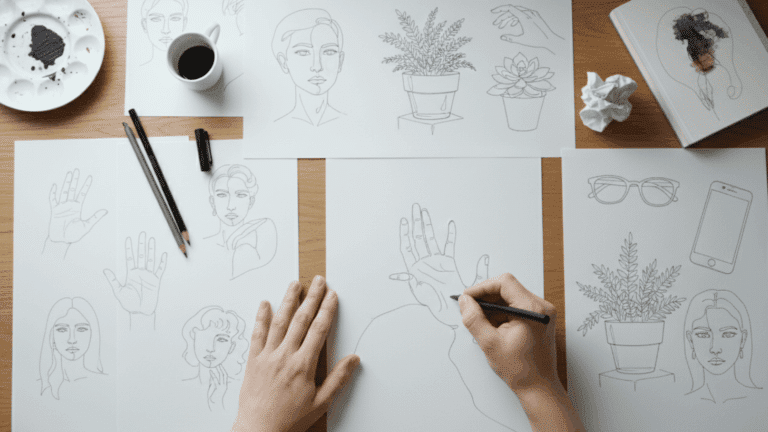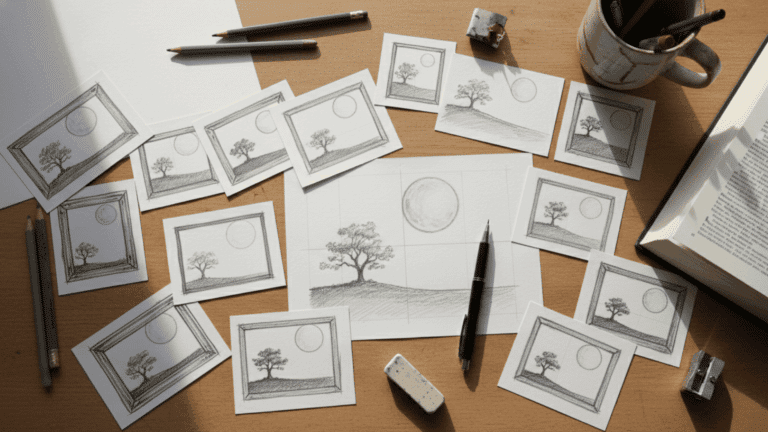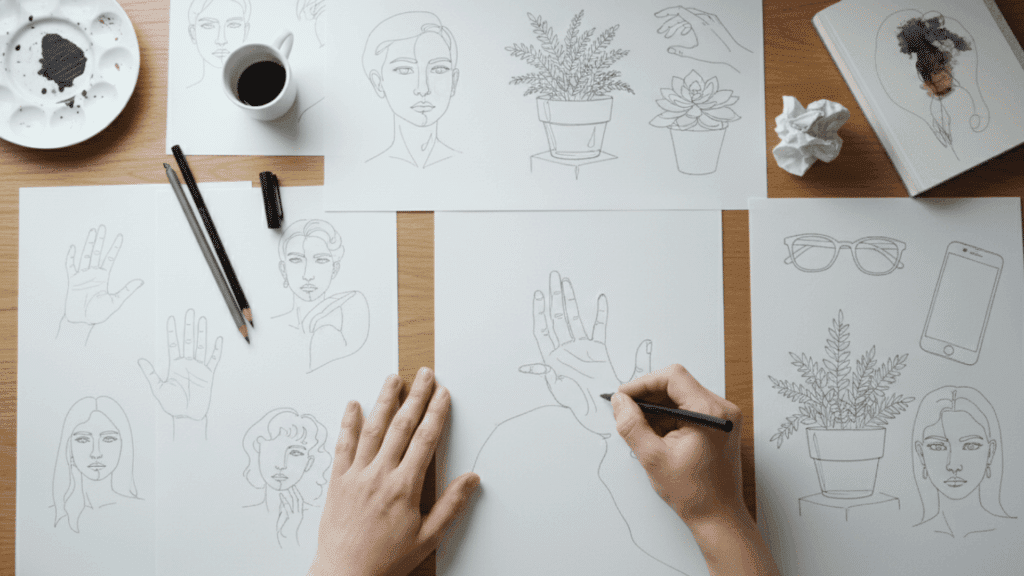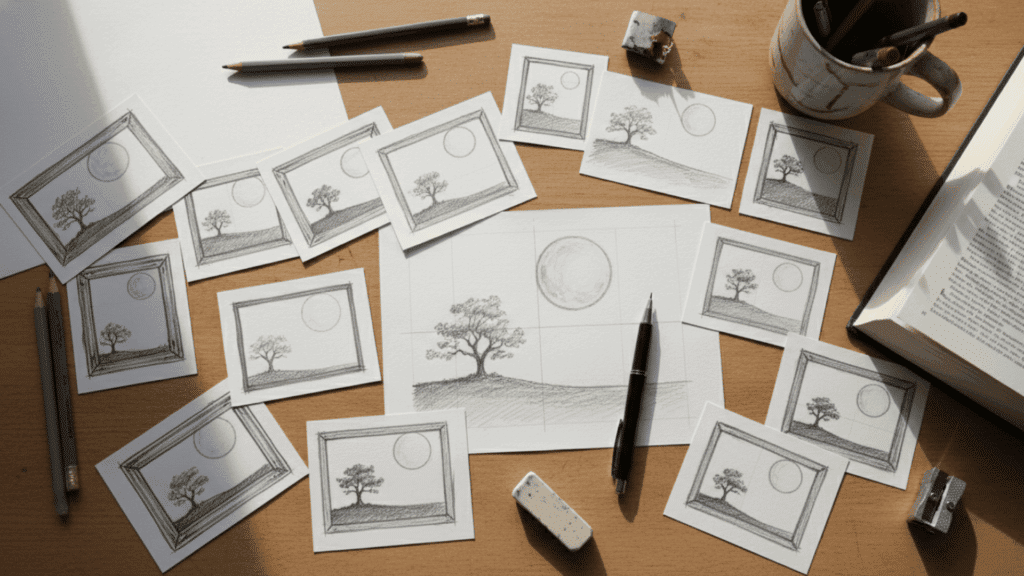Psychology opens a window into the inner workings of human behavior. It explains how thoughts shape emotions and how emotions guide actions. Every decision, habit, and relationship connects to the way people think and feel. Studying psychology turns everyday experiences into lessons about the human condition.
Students who explore this field gain more than academic knowledge. They start to notice patterns in how people react, communicate, and grow. The subject encourages awareness of what drives motivation and change. It also sharpens empathy and patience, qualities that support both personal and professional life. Let’s discuss how studying psychology helps people see the world more clearly, understand others with greater compassion, and build a deeper connection to life itself.
1. The Human Lens: Seeing the World Differently
Studying psychology changes the way people view life. It invites curiosity about the reasons behind behavior. Once someone begins to ask why people act as they do, judgment gives way to understanding. For example, frustration becomes easier to manage when a person recognizes the emotions hidden beneath someone else’s reactions.
Psychology teaches that every choice has a story behind it. People are shaped by their thoughts, experiences, and environments. Awareness of these influences makes daily interactions more meaningful. It helps individuals see the world through a wider lens, one that includes compassion and respect for human complexity.
2. Learning About People and Relationships
Relationships succeed when people understand one another. Psychology gives practical tools for improving communication, reading emotions, and building trust. The subject reveals how people connect, what they expect in relationships, and how misunderstandings arise.
With an online BA in psychology, students can deepen their understanding of people and relationships while learning at their own pace. The flexibility of online study allows them to connect theory with real-life situations. It’s also a strong foundation for a professional career in counseling, human resources, education, or any field that values insight into human behavior — and an excellent stepping stone for those planning to pursue a master’s degree in psychology or related disciplines.
3. Exploring the Mind–Body Connection
Psychology shows how the mind and body influence one another. Emotions affect physical health, and physical states affect mood and energy. Anxiety can lead to fatigue or headaches, while a calm state of mind supports focus and well-being.
Awareness of this connection helps people make better choices for their overall health. Simple actions such as journaling, breathing exercises, or mindful reflection can reduce stress. Understanding why these methods work brings a sense of control and purpose. The study of psychology teaches that caring for mental health supports every other part of life.
4. Building Emotional Intelligence
Emotional intelligence refers to recognizing and managing emotions in oneself and others. It is one of the most valuable skills developed through psychology. Students learn how emotions shape decisions and how awareness leads to better relationships.
A person with strong emotional intelligence listens with care, stays calm during conflict, and communicates with sincerity. These abilities support teamwork, leadership, and personal growth. Psychology provides practical frameworks for developing empathy and self-awareness, which lead to thoughtful actions and stronger connections.
5. Understanding Yourself on a Deeper Level
Psychology turns self-reflection into a path of discovery. Learning about human behavior encourages people to examine their own patterns and motivations. This awareness builds confidence and balance.
Students begin to recognize what drives their choices, how past experiences shape reactions, and which habits support growth. Understanding these inner dynamics creates a clearer sense of purpose. It becomes easier to set goals, adapt to change, and maintain emotional stability. The study of psychology offers more than theories. It offers a way to see oneself with honesty and kindness. That understanding is often the first step toward a more grounded and fulfilling life.
6. Applying Psychology to Everyday Choices
Psychology shapes how people approach decisions, both large and small. It explains why habits form, how attitudes influence behavior, and what strengthens motivation. Awareness of these patterns helps people make thoughtful choices about their time, relationships, and goals.
Understanding cognitive biases, for example, allows someone to notice when quick assumptions cloud judgment. Awareness of motivation helps when setting realistic plans or adjusting to challenges. Each concept studied in psychology becomes a useful guide for daily living. Practical knowledge about behavior supports a calmer and more deliberate lifestyle. People learn to pause before reacting, consider the feelings of others, and choose responses that reflect their values.
7. Using Psychology in Career and Community
Every profession benefits from psychological insight. A teacher who understands learning styles can reach students more effectively. A business leader who values emotional awareness can build stronger teams. A healthcare worker with knowledge of human behavior can support patients with empathy and clarity.
Psychology strengthens communication, leadership, and problem-solving skills. These qualities help professionals connect with others and create positive environments. The ability to read emotions, manage conflict, and inspire trust sets the foundation for success in many fields. Communities also benefit when people apply psychological awareness.
8. Lifelong Learning Through Human Behavior
Psychology never ends with a degree or classroom experience. The subject continues through every conversation, observation, and reflection. Human behavior keeps evolving, which means there is always something new to explore.
Curiosity drives lifelong learners to keep asking questions about why people act the way they do. That curiosity deepens relationships, sharpens empathy, and broadens perspective. Psychology teaches that growth never ends with age or experience because awareness keeps it alive. Studying human behavior builds a habit of learning that extends far beyond the field itself. People become more attentive, reflective, and open-minded. The lessons gained from psychology stay with them for life, shaping how they think, listen, and live.
Psychology reaches into every part of human experience. It explains how thoughts influence actions, how emotions shape relationships, and how awareness leads to balance. People who study psychology gain more than academic knowledge; they develop a way of seeing life through understanding and care.
The subject reminds learners that every person carries a story, every emotion holds meaning, and every reaction reflects something deeper. Psychology gives tools to listen better, respond thoughtfully, and grow with intention. A deeper understanding of the mind leads to a richer understanding of life. That is the lasting power of psychology — it teaches how to see others clearly while discovering one’s true self along the way.
















